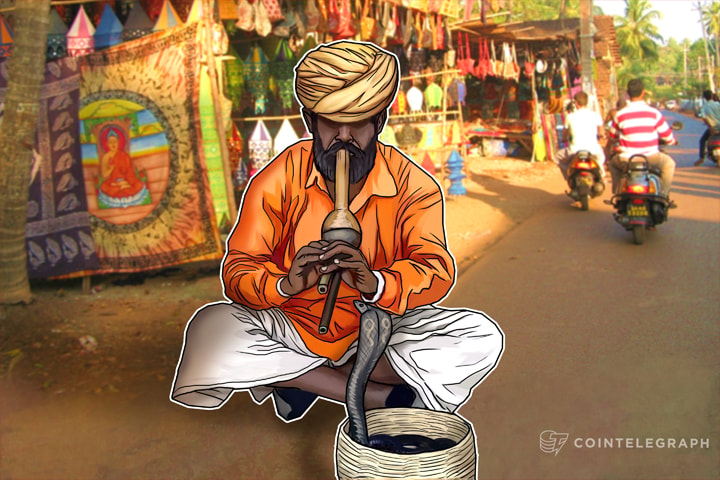Kirit Somaiya, an Indian politician of the Bharatiya Janata Party, recently described Bitcoin as a Ponzi scheme and claimed that self-regulation is not permitted. However, the Indian government seemed to disagree with Somaiya’s claims and is looking to regulate Bitcoin.
The term “Ponzi scheme” is often used by conventional “economists” and politicians to describe Bitcoin. But, the utilization of the term to explain Bitcoin’s structure demonstrates a high level of incompetence and a significant lack of economic and financial knowledge.
So, what is Bitcoin again?
By literal definition, a Ponzi scheme is a form of fraud in which an operator pays returns to its initial investors by harvesting capital from later investors.
Bitcoin is a decentralized cryptocurrency which operates with the absence of an operator or a moderator. No investors are promised quick returns or are scammed by its operators. It merely is a decentralized peer to peer network designed to operate as digital cash and gold.
It was quite evident that Somaiya had little to no understanding of the structure of neither Ponzi schemes nor Bitcoin. He presented a severely flawed argument by comparing self-regulation to a Ponzi fraud. In his exact words, Somaiya stated:
“It is illegal. How can a private person or a few individuals remain behind curtains can develop their own currency? This self-regulation is nonsense. In a Ponzi scheme, all such arguments like multi-level marketing (MLM) and a pyramid structure have been floated.”
Essentially, Somaiya intended to state that self-regulation should not be permitted and that people have no right to utilize a digital currency like Bitcoin that is not developed or created by the central bank.
However, his comparison of Bitcoin to a Ponzi scheme was flawed in every possible way, as Ponzi schemes are not self-regulated, they are regulated by a closed group of operators.
Government takes Bitcoin seriously
The government of India and its financial regulators are taking a different approach to that of Somaiya. Many of the regulators have an actual understanding of Bitcoin, its implication to the global economy and the supposed role of regulators in enabling the local Bitcoin industry to grow.
Earlier this week, Cointelegraph reported that the Inter-Disciplinary Committee within India’s Ministry of Finance is planning to provide regulatory frameworks for Bitcoin users and businesses in the region, moving a step forward to Bitcoin legalization in India.
Various Bitcoin exchanges and businesses including Coinsecure praised the efforts of financial regulators in coming to the realization of Bitcoin’s impact on the economy and the finance industry.
Mohit Kalra, Coinsecure CEO, stated:
“Finally, something positive for the industry. Authorities are now taking this technology seriously. We have been trying to get their attention for years now. I am glad it's all happening at the right time. At Coinsecure, we are seeing a massive increase in the number of users and volumes. We are positive with what will happen in these coming three months.”


